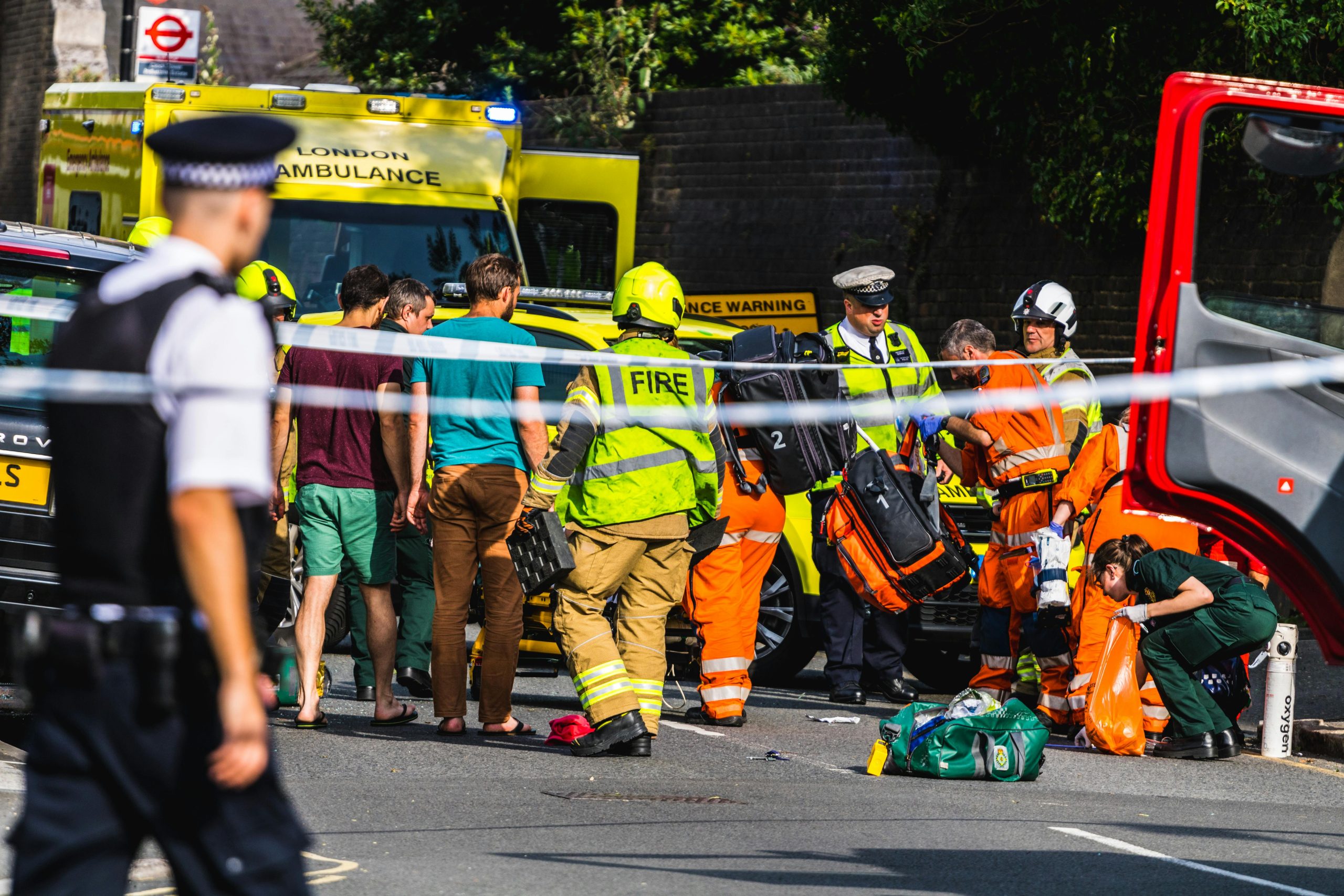Title: Rethinking Mental Health Crisis Responses: The Case for Removing Police Involvement
In recent discussions surrounding mental health crises, a pressing issue has emerged: the role of law enforcement in these sensitive situations. Advocates for reform are increasingly pushing for a paradigm shift that would exclude police from responding to mental health emergencies, arguing that specialized care is essential for effectively addressing the needs of individuals in distress.
Currently, police officers are often dispatched to handle incidents involving mental health crises, a practice that can lead to unintended escalations and heightened tensions. Proponents of reform suggest that this approach may not only be ineffective but may also exacerbate the trauma experienced by individuals already in a vulnerable state.
The call for change emphasizes the necessity of trained mental health professionals to lead responses in such scenarios. Experts argue that these professionals are equipped with the experience and skills to manage crises delicately and compassionately, ensuring that individuals receive the appropriate support without the fear of criminalization.
Community-based alternatives, such as mobile crisis units comprising mental health specialists, are gaining traction as viable solutions. These teams can provide immediate assistance, de-escalate situations amicably, and connect individuals with necessary resources, fostering a more positive outcome. This shift not only aims to promote mental well-being but also seeks to build trust within communities that have historically been hesitant to engage with law enforcement.
As we continue to address the complexities of mental health care in our society, it’s crucial to consider models that prioritize compassionate, informed responses. By removing police from mental health crisis situations, we can move towards a system that truly serves the needs of individuals and promotes a healthier, safer environment for all.
The conversation surrounding this critical issue is only beginning, and it is essential for communities to explore and implement alternatives that focus on care rather than enforcement. Together, we can work towards a future where mental health emergencies are met with understanding and support, paving the way for healing and recovery.



